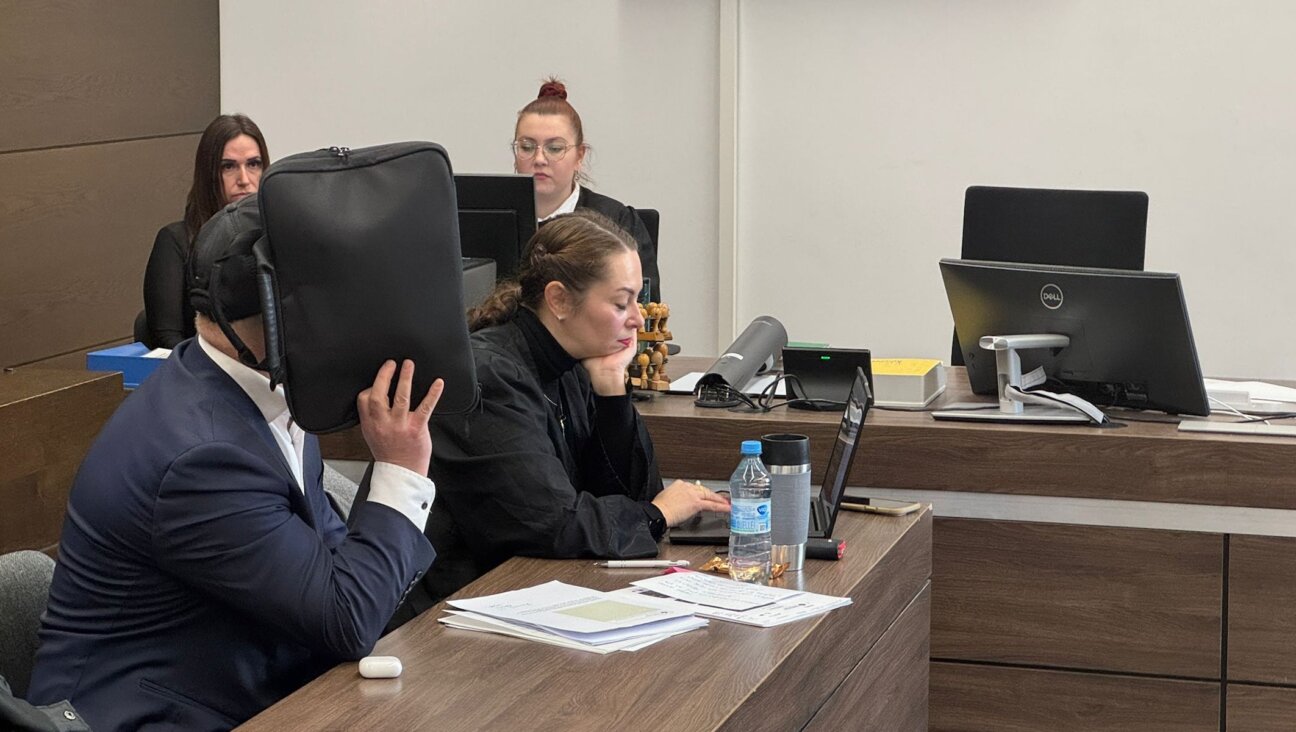The (Overlooked) Man in Ramallah

Image by getty images
Now that the recent war in Gaza seems to have come to some kind of end, we’ve arrived at the portion of this cyclical fighting in which each side vies to spin itself as the winner. But amid this jockeying, the position of perhaps the most important player in the drama to come has been overlooked: the president of the Palestinian Authority, Mahmoud Abbas.
The intransigence and violence of Hamas have highlighted Abbas’s relative reasonableness and the number of missed opportunities to work with him and not against him. Israeli Prime Minister Benjamin Netanyahu has never seemed capable of seeing Abbas as more than an Arafat-lite, someone who misses opportunities and who walked away from a good offer by his predecessor, Ehud Olmert, and has not done enough to end a culture of incitement in the West Bank or to give his people a positive vision of a different future.
But while Netanyahu was busy insisting that Abbas wasn’t a real partner, he was blind to all the changes that proved he could be one: the success of the security cooperation between Israelis and Palestinians, the economic growth and the clear signs that Abbas and his top people have foresworn all violence. Just look at the way Abbas reacted after the kidnapping of the three yeshiva boys back in June. He condemned the act and all violence — in Arabic as well — and initiated a call to Netanyahu. For his part, now former Israeli president Shimon Peres said in June that Abbas was the greatest partner for peace that Israel has ever had, and praised him for “risking his life” to take a stand against terrorism.
This misreading of Abbas, willful or not, caused Netanyahu to miss what was perhaps the biggest opportunity when Hamas made the decision to effectively subsume itself into the P.A. To Netanyahu, this was Abbas getting in bed with sworn enemies of Israel’s existence. But there was a flip side as well: Sworn enemies of Israel were allowing themselves to become part of an institution that has been negotiating with Israel for more than 20 years. Netanyahu refused to see in the reconciliation government a chance to defang Hamas. There’s no promise that this would have happened, but Netanyahu wasn’t even willing to allow for the possibility.
So what now? In the war’s aftermath, Abbas can play a critical role if he is finally allowed to be a moderating force, principally by having the P.A. take control of Gaza and its borders as a realization of the reconciliation agreement. But Abbas will need to be strengthened by Israel for that to happen, most likely with concessions on the West Bank. Even now, after the battering of the past month — or perhaps because of it — a clear majority of Israelis, according to a Haaretz poll, understand this and want Abbas to be “bolstered.”
The Palestinian president is not perfect. He has dragged his feet at critical moments during the recent peace process. There is still too much corruption and too little open dissent allowed in the West Bank. There haven’t been elections in years. Not to mention that Abbas is old and tired.
And yet he is the best chance Israel has of arriving at a political solution right now to break through an untenable status quo.
Let’s hope Netanyahu can finally see that.
















